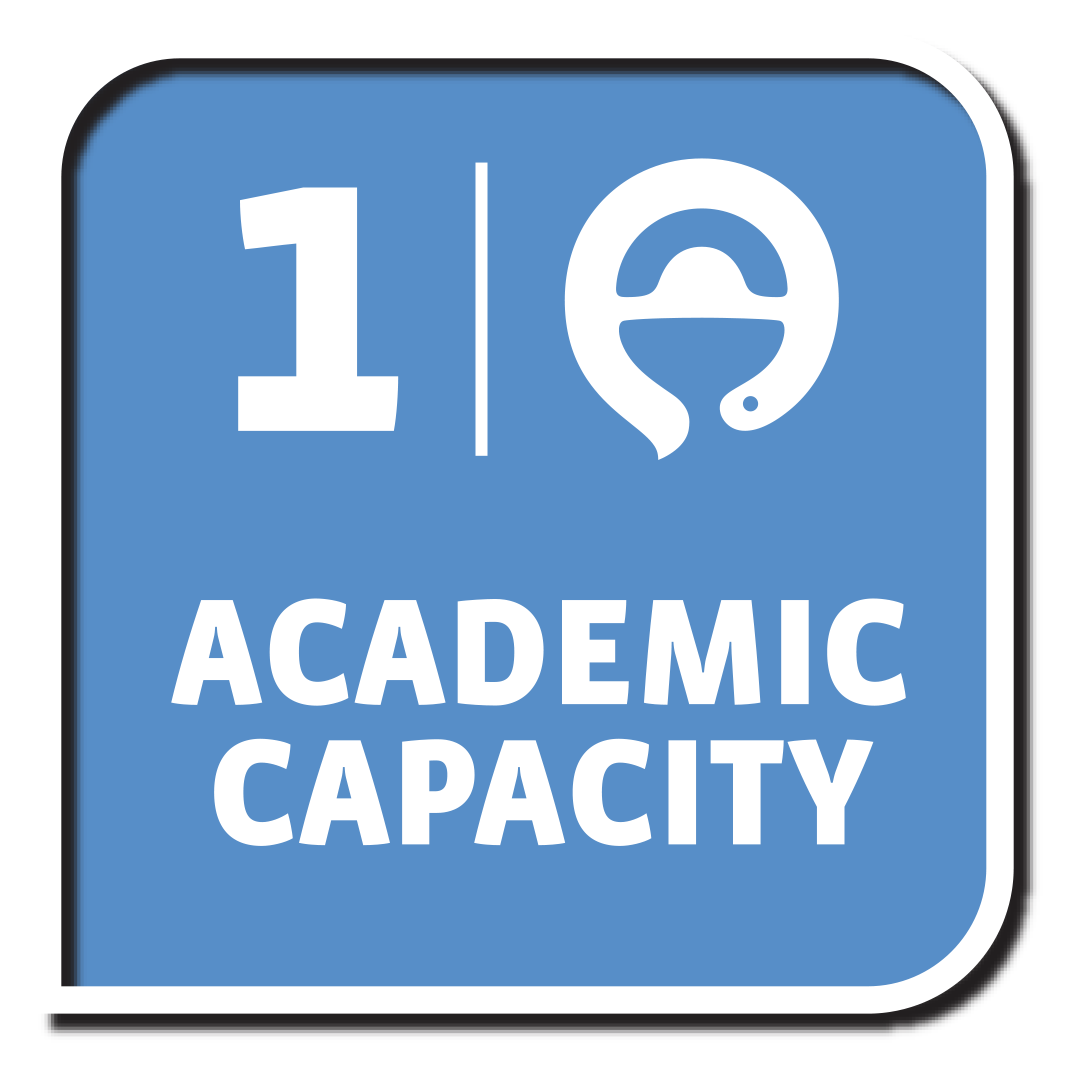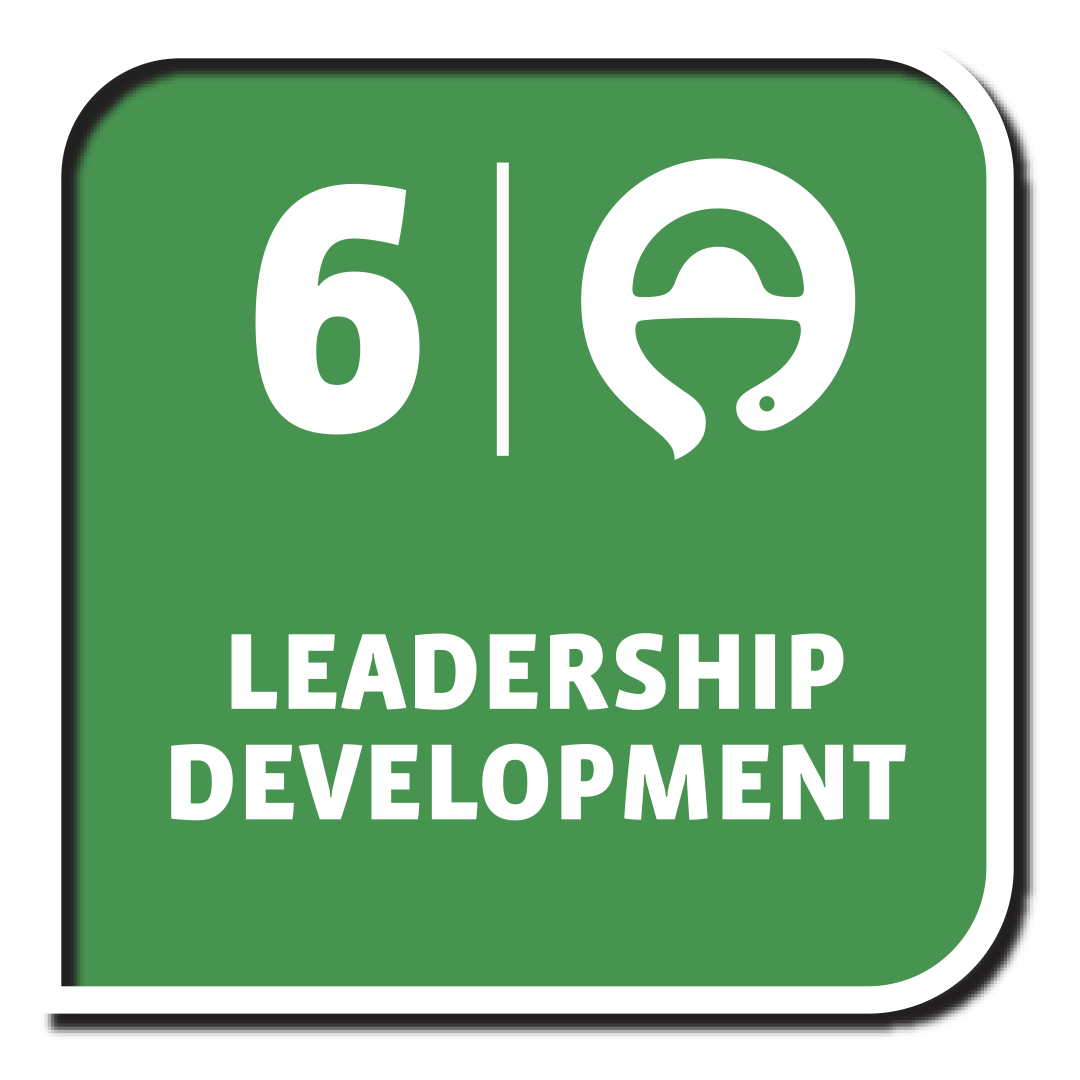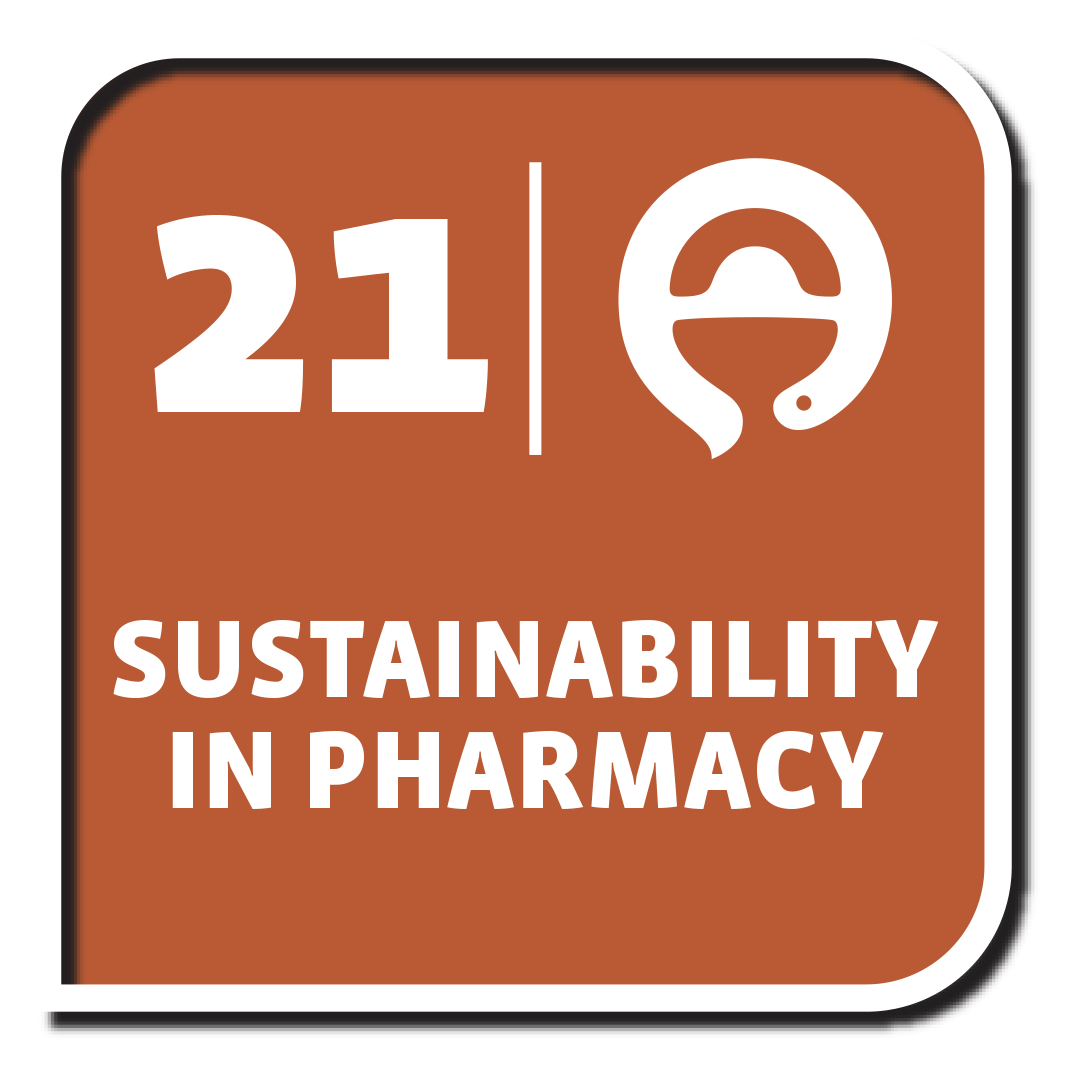PSTU-09 - Pharmacists in global health: Bridging healthcare and peace
Tracks
Auditorium 10
| Tuesday, September 2, 2025 |
| 14:30 - 16:00 |
| Auditorium 10 |
Details
Organised by the FIP Health and Medicines Information Section in collaboration with the FIP Military and Emergency Pharmacy Section & the FIP Humanitarian Response Advisory Group
Chair(s)
Dr Sylvain Grenier, President FIP Military and Emergency Pharmacy Section (MEPS), Canada & Dr Marianne Ivey, Vice President FIP Bureau, USA
Introduction:
According to the WHO, approximately 1.8 billion people live in conflict-affected areas globally. In these settings, healthcare systems face significant challenges, including workforce shortages, disrupted supply chains, and rising rates of disease and malnutrition. The WHO’s Global Health for Peace Initiative (GHPI) highlights the importance of sustainable healthcare models that remain operational even amid armed conflicts. Pharmacists play a critical role in these efforts, ensuring access to medicines and healthcare services for vulnerable populations such as refugees, internally displaced persons, and marginalised groups. In conflict zones, pharmacists contribute to health advocacy and collaborative efforts that address healthcare inequities. Their trusted community roles enable them to foster partnerships, rebuild trust, and work with global health organisations to sustain health system operations. For example, pharmacists are instrumental in providing access to mental health and psychosocial support (MHPSS) for trauma-affected populations, as demonstrated by WHO-led initiatives in countries like Somalia and Cameroon. These contributions meet immediate health needs while also fostering social cohesion and stabilising healthcare delivery in fragile contexts.
FIP has established the FIP Humanitarian programme to support pharmacists and pharmacy teams in crisis situations. This initiative showcases various humanitarian efforts by pharmacists worldwide, demonstrating the profession's adaptability in diverse emergencies and highlighting interprofessional collaboration in disaster settings. These efforts underscore the critical role of pharmacists in ensuring access to essential medicines and healthcare services for vulnerable populations, contributing to both immediate health needs and long-term community resilience.
This session will explore the unique contributions of pharmacists in ensuring continuity of care in challenging environments. It will focus on strategies for overcoming barriers to medication supply, delivering equitable care, and strengthening collaborative efforts with global health organisations. By addressing these critical issues, pharmacists reinforce the foundation of global health sustainability during crises, supporting individual well-being and broader efforts to promote peace and stability.
Programme:
Learning objectives:
1. To analyse the role of pharmacists in conflict and post-conflict zones. Participants will gain insights into the unique contributions of pharmacists as health diplomats, including strategies for fostering trust, neutrality, and collaboration while delivering healthcare services to vulnerable populations in conflict-affected areas.
2. To identify key stakeholders and consider strategies for ensuring access and supply chain continuity. Participants will learn to identify challenges and implement practical solutions for maintaining supply chains of essential medicines in fragile and conflict-affected contexts, ensuring healthcare system resilience during crises.
3. To apply health diplomacy principles to promote equity and reconciliation. Participants will explore actionable frameworks for using healthcare as a tool for peacebuilding, with a focus on fostering social cohesion, addressing disparities, and negotiating healthcare delivery in diverse and divided communities.
Take home messages:
Pharmacists play a pivotal role as neutral health diplomats in conflict zones, ensuring equitable access to healthcare services and fostering trust within divided communities.
Maintaining medicine supply chains and delivering care to displaced populations in fragile contexts is essential to sustain healthcare systems and mitigate crises.
Through health diplomacy, pharmacists contribute to peacebuilding by promoting social cohesion, addressing health disparities, and enhancing resilience in vulnerable and underserved regions.
FIP Development Goals:


 To learn more about these FIP Development Goals, click on the links below.
FIP Development Goal 1: Academic Capacity
FIP Development Goal 6: Leadership Development
FIP Development Goal 21: Sustainability in Pharmacy
To learn more about these FIP Development Goals, click on the links below.
FIP Development Goal 1: Academic Capacity
FIP Development Goal 6: Leadership Development
FIP Development Goal 21: Sustainability in Pharmacy
| 14:30 – 14:35 | Introduction by the chairs | |
| 14:35 – 15:00 | Healthcare delivery in conflict zones: Ensuring continuity amid crisis | |
| Dr Luna El Bizri, HaMIS, Lebanon | ||
| 15:00 – 15:25 | Health advocacy in action: Overcoming barriers to access to medicines and care in conflict zones | |
| Ms Barbara Scoralick Villela, International NGO, Brazil | ||
| 15:25 – 15:50 | Panel discussion | |
| Mr Stephen Mawa, Head, Resilience and Capacity Development, Supply Chain Management Unit, UNFPA, USA | ||
| Mr Mark Koziol, The Pharmacists' Defence Association, UK | ||
| 15:50 – 16:00 | Closing by the chairs |
Speakers
Dr Luna El Bizri
ExCo member Health and Medicine Information Section
Healthcare delivery in conflict zones: Ensuring continuity amid crisis
Mr Stephen Mawa
UNFPA
PSTU-09 - Panel discussion
Ms Bárbara Scoralick Villela
Health advocacy in action: Overcoming barriers to access to medicines and care in conflict zones
